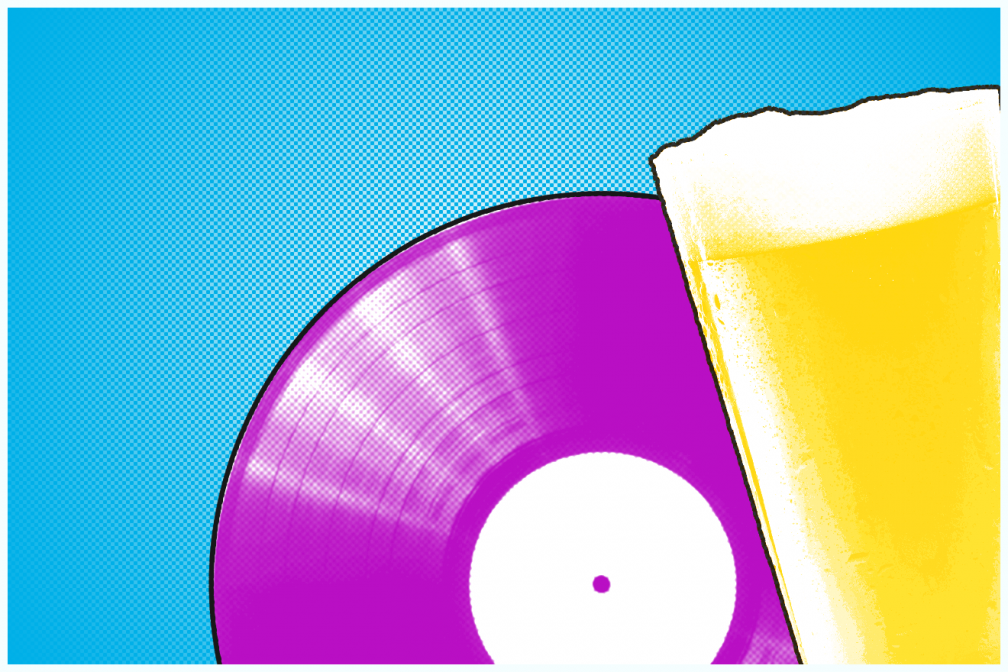 Features
Features
The underrated art of the pub DJ
Pubs and small venues host quality DJs every weekend, but that's something that isn't celebrated often enough
You’ve lugged your equipment across the city centre to reach your destination, having taken two buses, a train and a 20-minute walk staggering beneath the weight of your back-breaking record bag. You pitch yourself up behind the booth and begin your set. A few hours in you sense the time is right to hit play on the record you’ve been addicted to all week. The euphoria is brewing within your soul as you look up to bathe in the glowing adulation of the crowd, then… nothing. There’s an old man propping up the bar, a part-time Topman model is being carried out the place and a hen night straggler is shouting “GOT ANY SEAN PAUL?” in your ear. Your heart sinks, but you’re a pub DJ, so you’ve come to expect these things.
The pub DJ can be one of the most thankless jobs in dance music, after the people who collect glasses in mega clubs like fabric and Swedish House Mafia’s PA. If wannabe DJs who usually spend their time arguing on Boiler Room comment sections aren’t tutting at your every selection, groups of meatheads triple your size are spilling Negroni on the decks while trying to plug their Samsung into the AUX cable.
But UK clubland in its current form is suffering. Late licences are priceless artefacts in some parts of the UK, and while high profile club closures like Plastic People and Dance Tunnel are still being mourned the competition for slots in the venues that remain open are Battle Royale levels of fierce. In that, local boozers have become often overlooked hotbeds of new DJ talent; where in between pub quizzes and Sunday roasts you can find dance music’s next wave.


